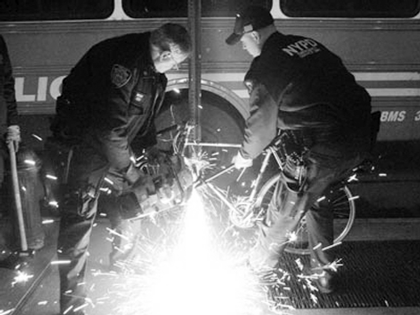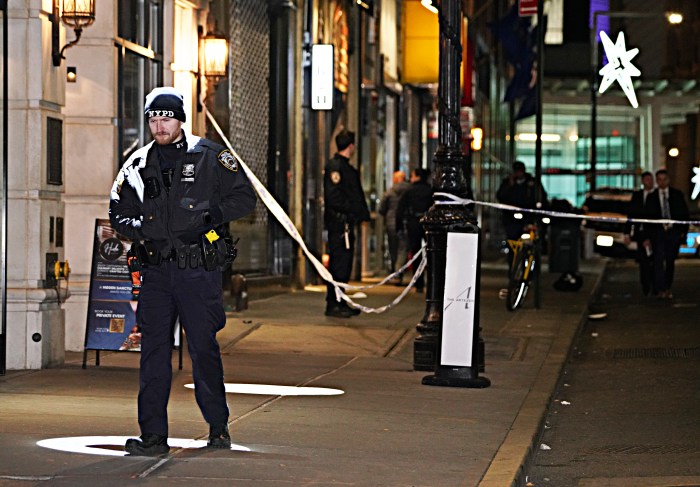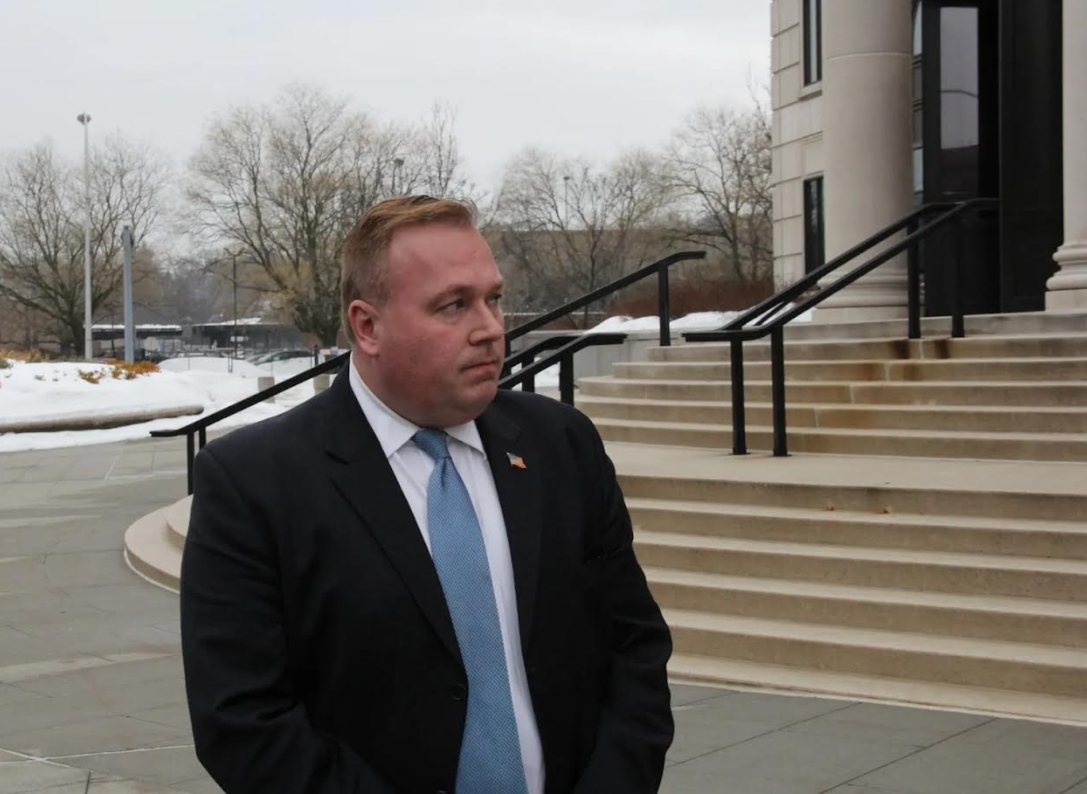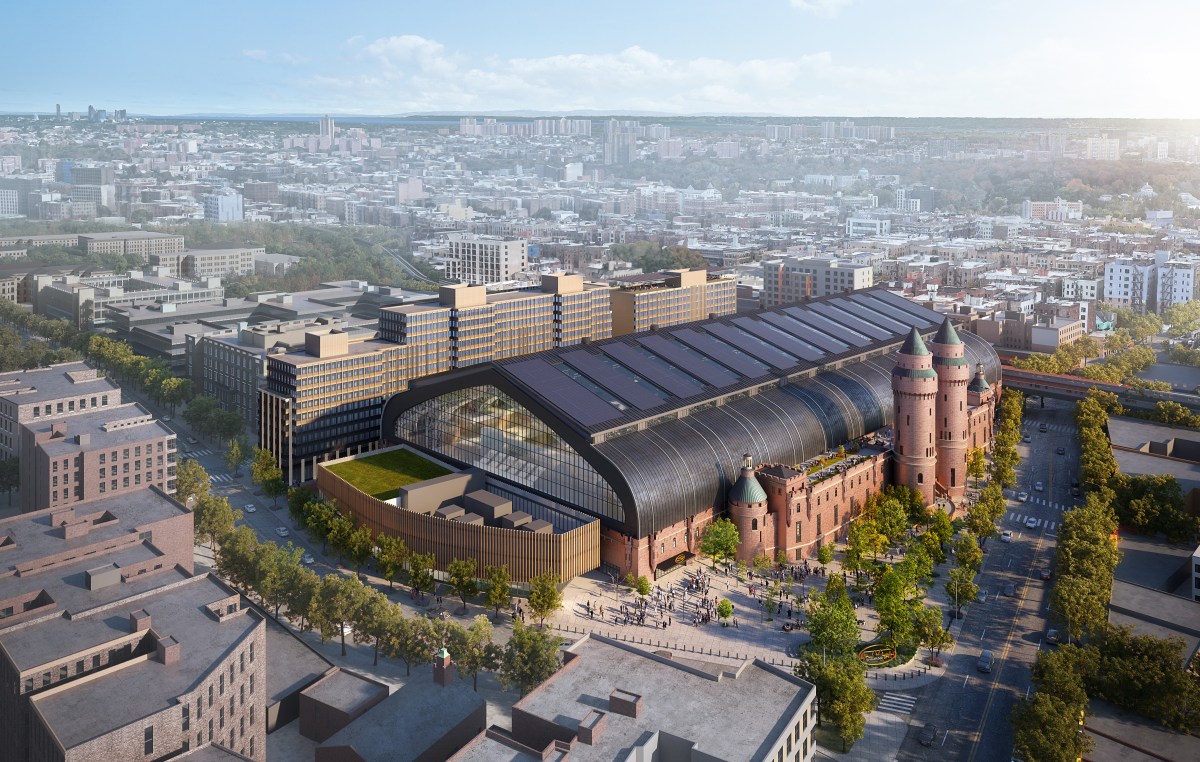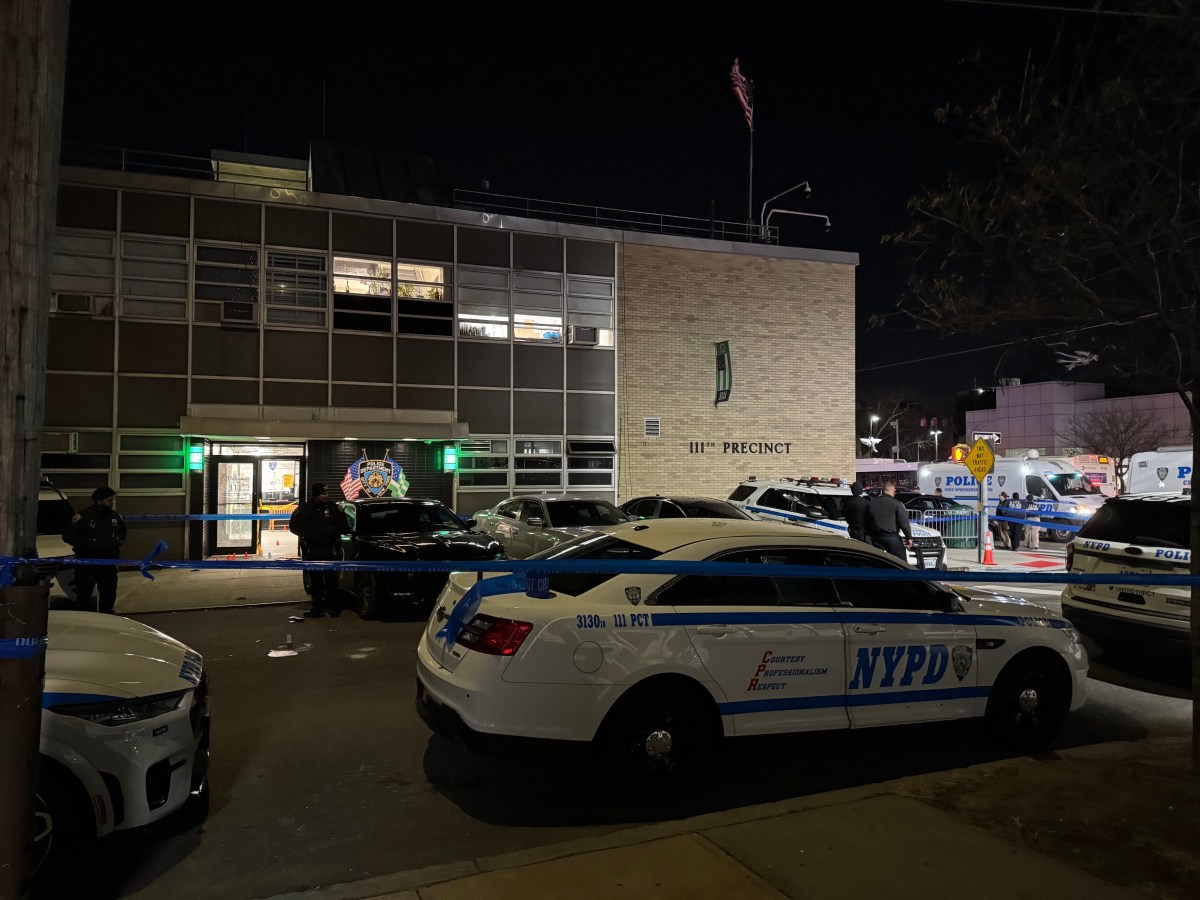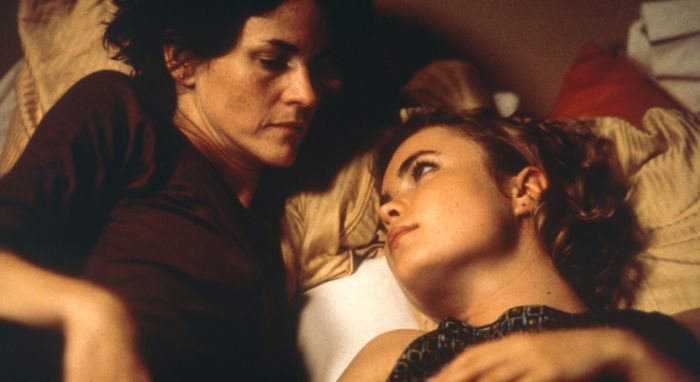By Lincoln Anderson
Critical Mass bike riders are protesting that police did not give them summonses.
That’s what happened — or, rather, didn’t happen — when the cyclists went to retrieve their confiscated bicycles at a Police Department warehouse in Greenpoint last Friday and this Monday. They got back their bikes, but — contrary to what they had been led to expect when their bikes were seized by police during the March 25 Critical Mass event — did not receive summonses.
The bikers and their attorneys are calling this a violation of the restraining order issued last October by federal Judge William Pauley that barred police from sawing locks on bicycles and seizing the bikes without giving the owner a ticket. According to Gideon Oliver, an attorney representing the cyclists, they may sue the city over the latest seizures.
“Judge Pauley issued an injunction against these seizures in September — and [the police] did it again in March,” Oliver said. “It’s something that we’re certainly going to raise again in court.”
The federal case brought in September over police cutting locks and seizing bikes is wrapping up, with both the bikers and city moving for summary judgment.
Fifty bikes were seized and 37 arrests made at last month’s Critical Mass. Barbara Ross, whose bike was among those confiscated, said it quickly became clear police were planning a preemptive mass arrest of the bikers on 17th St. between Fifth and Sixth Aves. — just half a block from the start of the ride — so she locked her bike to a scaffolding. She and a friend went into an upscale Japanese restaurant — “They asked if we had reservations. We definitely looked out of place in our bike helmets,” she noted — and sat at the bar while they watched police saw their locks and take their bikes.
“They took every bike on the block,” Ross noted. “If someone not in the ride had had their bike there and came by later, they would have thought it was stolen.”
According to Oliver, the police are now claiming the confiscations of locked bikes is justified under a section of the administrative code allowing police to remove any “unattended box or bale” of merchandise on the street.
In a statement, Gabe Taussig, chief of the Administrative Law Division of the city’s Law Department, said, “In general, it is difficult to answer…questions regarding a potential lawsuit, since we don’t know what the legal basis for the threatened lawsuit might be. However, in regards to the recent Critical Bike Mass happenings, we believe that the N.Y.P.D. acted lawfully when they seized the bicycles.”
The city also recently brought suit in state court to try to bar Critical Mass from gathering in Union Sq. Park unless the ride gets a permit. Oliver said the event has no leaders and happens organically and so no one is likely to apply for a permit. However, he said there is talk by some — including civil rights attorney Norman Siegel — who has also been representing the cyclists, of requesting a permit for Union Sq.’s north plaza for April 29, the evening of the next Critical Mass ride. Oliver said the event would be a rally for free speech and against the city’s demand for the bicyclists to have a permit for 20 or more of them to assemble at Union Sq.



